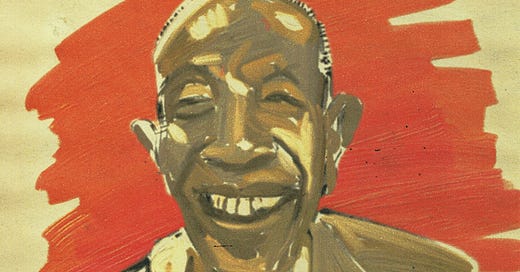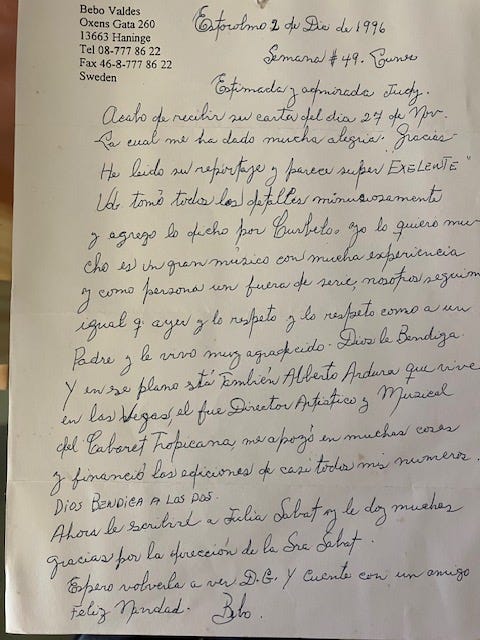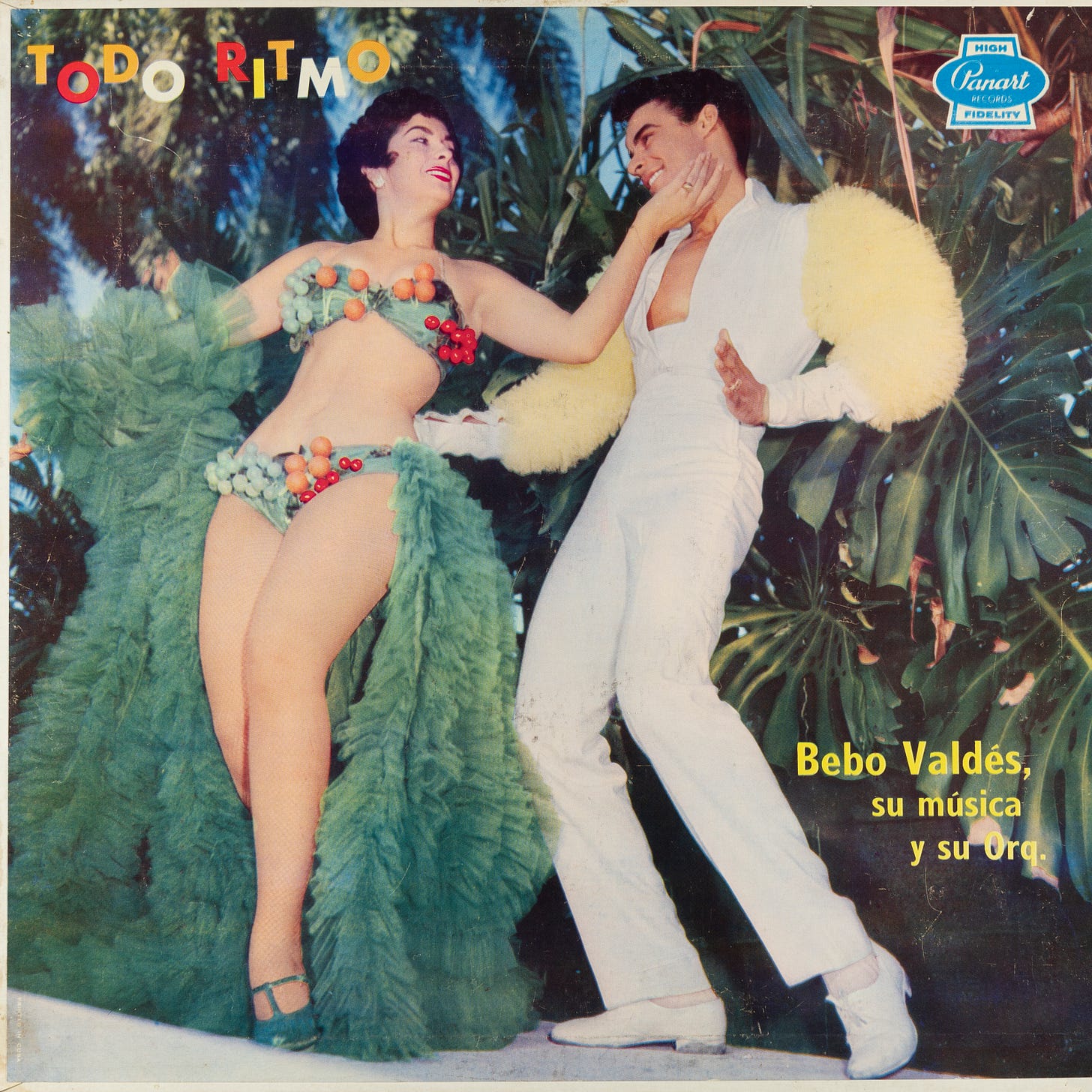Hanging behind my desk, there’s a framed letter that pianist Bebo Valdés wrote to me from his home in Haninge, Sweden, outside of central Stockholm. He was responding to one from me in which I had enclosed a copy of an article I wrote about the release of Bebo Rides Again, his first album in three decades. His letter, in Spanish, was dated December 2, 1996, as he put it, “week #49” of that year.
He declared my story “super excelente” and enthusiastically name checked the other musicians who I had quoted in the article. In his slanted script, he repeatedly asked God to bless us all. The letter closed with “feliz navidad, Bebo.” He continued to send me Christmas cards after that. Ever since, I think about him at this time of year.
Listen to a playlist of Bebo Valdés’ own Latin and jazz favorites
Bebo Rides Again heralded a historic comeback by the piano great, although the 1994 album was largely forgotten in the wake of a series of later records (Lagrimas Negras with flamenco singer Diego El Cigala, the two-record set Bebo de Cuba and others on Ferando Trueba’s Calle 54 label) that when he was in his eighties and nineties would take him to the Billboard charts and the Grammy podium. He continued to record and perform until shortly before his death at age 94, on December 3, 2014. (Coincidentally, almost 18 years to the day that he wrote me that letter I so cherish.)
Valdés, who famously sat behind the piano at the Tropicana, was signed to Decca in the mid-fifties, and, at the height of his Havana career years recorded a solo album for Panart Records, Todo Ritmo, whose liner notes describe the pianist as looking “more like a heavyweight champion than an artist.”
He left Cuba for Mexico city in 1960, then moved to Sweden after meeting his wife Rose Marie while on tour. For thirty years he had been playing in restaurants and hotel lounges around Stockholm. It was sax player Paquito D’Rivera who brought Bebo back into the studio when he was 76 years old.
Bebo Rides Again was one of a succession of comeback albums by mid-Century Cuban innovators who had faded from view. I’m sad to say that they have all since died. These albums from the 1990s and 2000 can now be curiously hard to find but should not be forgotten. See below for more must listens.







